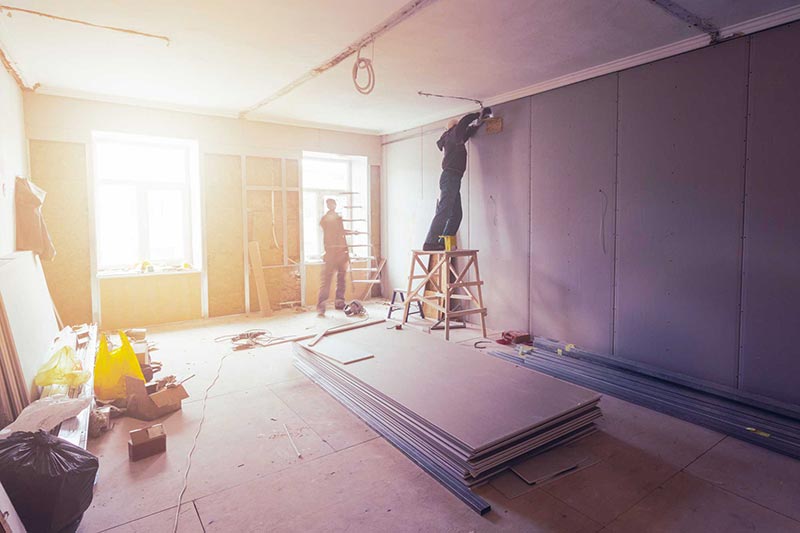
As a Landlord, How can I Protect Myself From Tenants Growing Marijuana
In 2012, Colorado passed Amendment 64, amending the state’s Constitution and changing the way we view the purchase and possession of marijuana in our state. The commercial sale of marijuana began on January 1, 2014, and by April of 2016, a third of Colorado’s counties had adopted some variation of recreational marijuana regulation.
Today, marijuana is taxed and regulated just like alcohol, which means there are some important implications to consider, especially if you’re a landlord in Colorado.
Landlords on the Lookout
Support and opposition for Amendment 64 was nearly even the year Colorado voted on it. Even today, there are those that still view the amendment as problematic, and landlords were some of the first people to raise concerns.
We’ve received dozens of calls from property owners wondering how to protect their investments from tenants growing marijuana, and we’ve researched ways to prevent damage to a property and what to do when damage occurs.
For example, Colorado residents are legally allowed to privately grow up to three immature and three mature marijuana plants in a locked space. Since home growers are resigned to cultivate indoors, inexperienced growers may not understand how to set up indoor lighting, which can cause a fire if not installed or maintained properly.
Additionally, the odor that results from the use of marijuana can dissuade future tenants or decrease the value of a property in certain neighborhoods or communities.
Safeguard yourself and your investment by practicing a few tips we’ve learned from more than 25 years of industry experience.
The Lease Lowdown
Colorado law does not bar landlords from banning smoking indoors. A landlord, for example, can ban smoking indoors and stipulate that production and distribution of drugs is a violation of the lease.
In fact, Amendment 64, explicitly states, “Property owners may prohibit or otherwise regulate the possession, consumption, use, and growth of marijuana on their property.”
Landlords should make sure to include this in a lease when renting a property. Use a federal drug-free lease addendum (there are plenty to choose from online), and have renters read and sign. This addendum should work even if the laws change.
Regardless of Colorado’s Amendment 64, recreational use of marijuana is still illegal at the federal level. As a landlord, if you know drugs are produced or distributed on your property, you may face serious consequences.
Property Problems
In addition to legal problems, there are other threats Colorado landlords should consider:
- Insurance: Insurance companies don’t have to pay claims for damages that result from “illegal activity.” If a tenant causes a fire, for example, because of their “do it yourself” lighting system, landlords typically can’t file a claim.
- Electrical Issues: Novice marijuana growers don’t usually make great electricians, and they lack the experience required to make sure excess electricity is routed correctly. In addition to fires, this can cause internal electrical issues that landlords may have to fix. Be on the lookout for unsafe wiring, over-sized fusing, or damaged fixtures.
- Mold: Growing marijuana indoors could lead to mold issues as well. Apartments aren’t meant to be greenhouses, and without proper ventilation excessive humidity (more than 60 percent) can build up and spur mold. Check for mold throughout a property’s interior, attic, and/or crawlspace. You’ll also want to check to see if the chimney mortar is deteriorating from any makeshift venting operations.
Did Mary Jane Do Some Damage?
Whether you’re renting now or considering it in the future, know that landlords have some tools to fall back on to protect an investment property.
If you’re not sure about possible damage from home growers in the past, the experts at Professional Restoration can help pin point problems, clean it up, and restore any damage caused by renters exercising their right to buy, grow, and use marijuana.
Remember: you can mitigate risk by simply using a federal drug-free lease addendum in addition to any renter’s agreement. This will help protect you and your property in the event of a major disaster.
If disaster strikes, your friends a Professional Restoration are here to help 24 hours a day, 7 days a week. You can count on Professional Restoration to Respond, Recover and Restore your home.
Got property damage questions? Call our Colorado team to schedule a free estimate at 303-922-4001.

